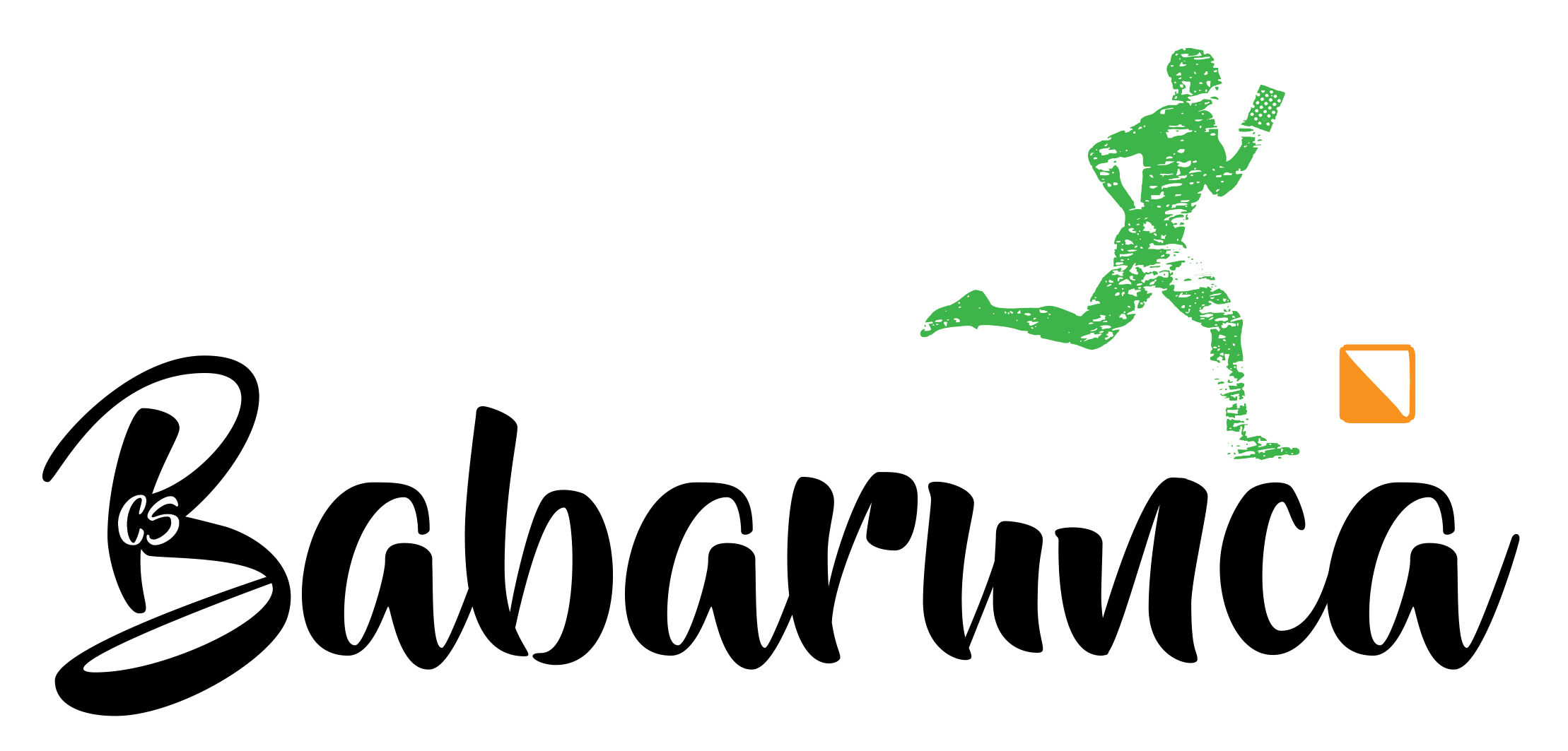Editorial – The Glass Half Full
Mădălin Iacob
We are at the beginning of a new competitional season.
Orienteering, like many other sports in Romania, has its ups and downs. We are all aware of the shortcomings it faces, many of which apply to Romanian sports in general. Starting from the lack of funding (let’s not forget that even Lipă – the president of the most funded Olympic federation, rowing, complains about the same thing), passing through the typical individualism in Romanian society (Ana Blandiana said, „The lack of solidarity among Romanians is genetic. Individualism is brilliant but unproductive”), or the „inability” to find the right people (the example of handball excellence centers, which produce nothing here but bring world medals in other countries), Romanian sports, in general, and Orienteering, in particular, have many issues to contemplate. But not everything is as bleak as we often tend to see (complaining is also a national sport here).
Then, what is essential for a sport, we have a very solid competition calendar. And quite frankly, many sports would envy our calendar, where almost every weekend there is a competition. For Orienteering, having a calendar with many competitions in different areas is essential, a fact noted by the European champion, Simona Aebersold, in the interview you will be able to read in the fourth issue of the magazine.
There is always a half full glass where to start from
In Orienteering, we already have a base of clubs and passionate individuals leading them. Even though they are not numerous, they are enough to form a good foundation to build upon. If half of them bring at least 10-15 children aged 10-14 to the national championship in the fall, the perspective changes.
Regarding the competitions, there is already an increase in their quality.
At the federation level, last year Romania hosted the Southeast European Championships (SEEOC) in Victoria, this year it will host the Junior World Championships (JWOC) in Baia Mare, and the Latin Countries Cup in Comarnic/Câmpina. National competitions are also starting to be organized with much more involvement. Mountain marathons and road marathons have raised the bar in terms of organization, and thus Orienteering is forced to meet certain expectations from participants. This is something that many national competitions have already started to do.
And perhaps the most important thing in any organization, Orienteering has human resources that can build a lot in the future. And I’m not just referring to those who have been involved in the movement for many years and continue to be involved (here perhaps Mr. Stroescu’s example is the most telling), but especially to the new generations of athletes, some of whom are still active, and to people who have discovered Orienteering later on (coming from other sports or tourist associations) and who bring a fresh perspective, new ideas, and the experience of what a modern competition entails.
I believe that all this full part of the glass can stand at the foundation of a new „construction” of what Orienteering means in Romania, a construction that we all desire. Collaborators: Barkász Dani sr., Pavel Cerescu, Marius Curcă, Natalia Deconescu, Diana Dopovecz, Iuliu „Gyuszi” Dopovecz, Lucian Gălățeanu, Ioan Iacob, László F. Csaba, Ionuț Patraș, Radu Milea, István Sebestyén, Cornel Spiridon, Nicolae Stroescu, Simion Suciu, Szép Zoltán, Maria Tulban, Petru Tulban, Tőkés Árpád, Florin Urian, Andreea Zincă, Ionuț Zincă.
Would you like to join the club?
Babarunca Sports Club offers you the opportunity to connect with other orienteering enthusiasts. Be part of a club that celebrates sport and personal growth. Through our activities and upcoming events, we invite you to improve your health, develop your skills, explore nature, and enjoy the satisfaction of achieving personal goals.





